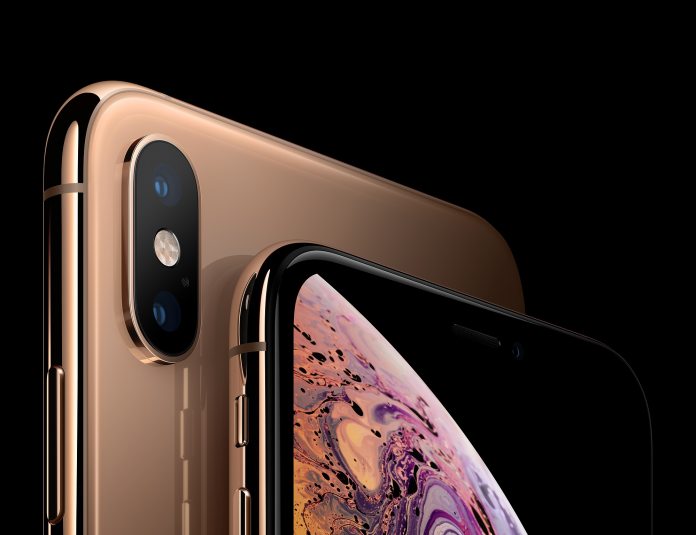Speaking to Vice, he said it is becoming harder to get into Android smartphones and easier to get into iPhones: “Right now, we’re getting into iPhones. A year ago we couldn’t get into iPhones, but we could get into all the Androids. Now we can’t get into a lot of the Androids.” Kiser works as a digital forensic expert and uses a software called Cellebrite to crack iPhones and Android smartphones. Investigators use the tool to gain information such as messages, GPS information, call logs, contacts, and to gather data from social media apps. By cracking a phone and extracting the data, authorities have information that can be used in court as evidence. However, it’s important to know that Kiser is not saying Android is more secure than iOS. Instead, he is saying Android has made strides in terms of encryption. Furthermore, he is not suggesting iOS has become open, but it is easier to crack some models.
Security Differences
“Some models” is important because Kiser points out iPhone encryption up to the iPhone X has become easier. In other words, it’s now easier to crack iPhones that are three or more years old. That makes sense. In terms of newer iPhones, it’s still hard to crack the devices. On the Android front, modern smartphone flagships are now in line with iPhones in terms of security. He says the Galaxy S9 and Google Pixel 2 would thwart Cellebrite most of the time. Huawei’s P20 Pro was never cracked. “Some of the newer operating systems are harder to get data from than others,” Kiser told Vice. “I think a lot of these [phone] companies are just trying to make it harder for law enforcement to get data from these phones … under the guise of consumer privacy.”




